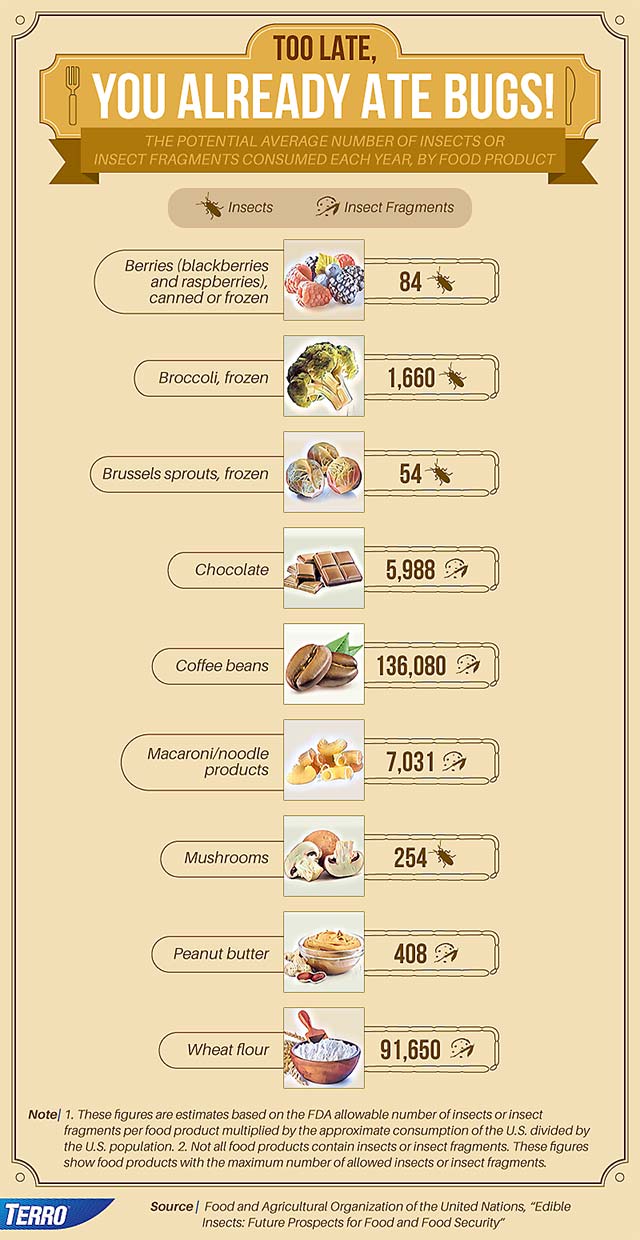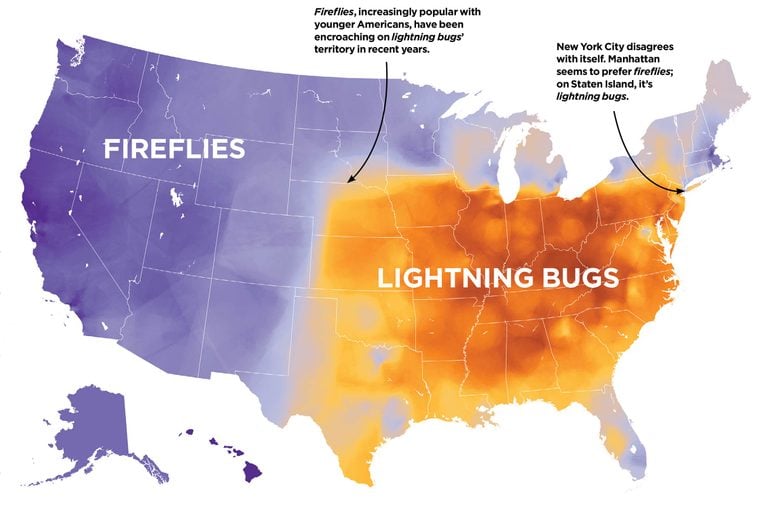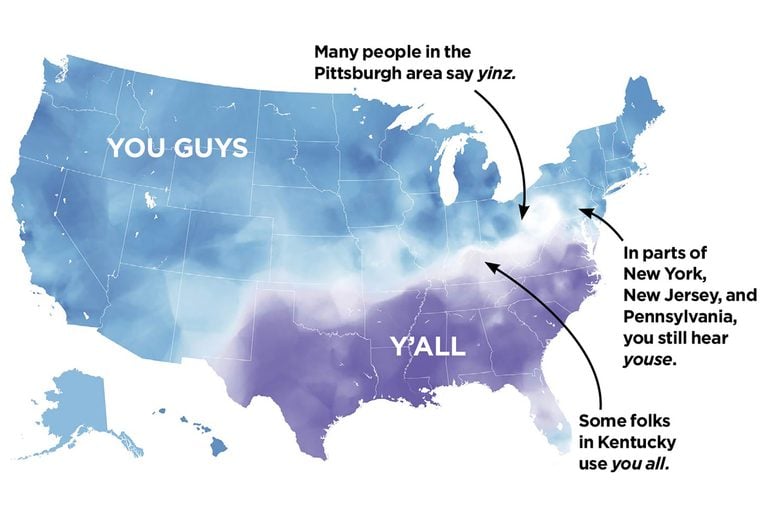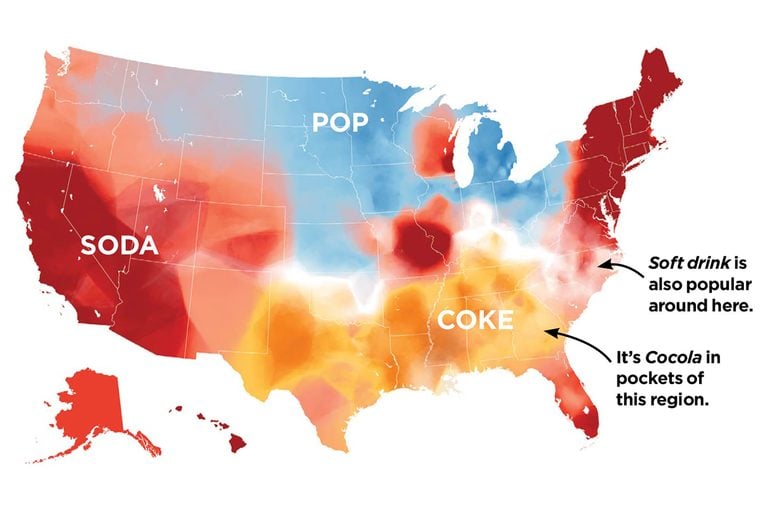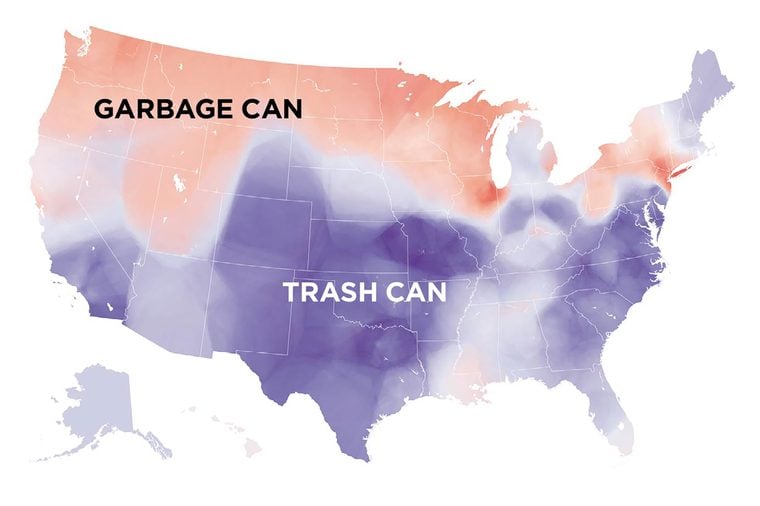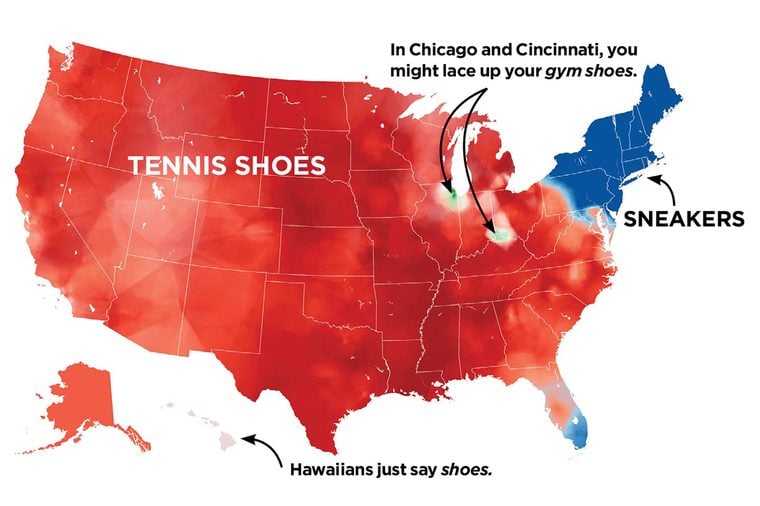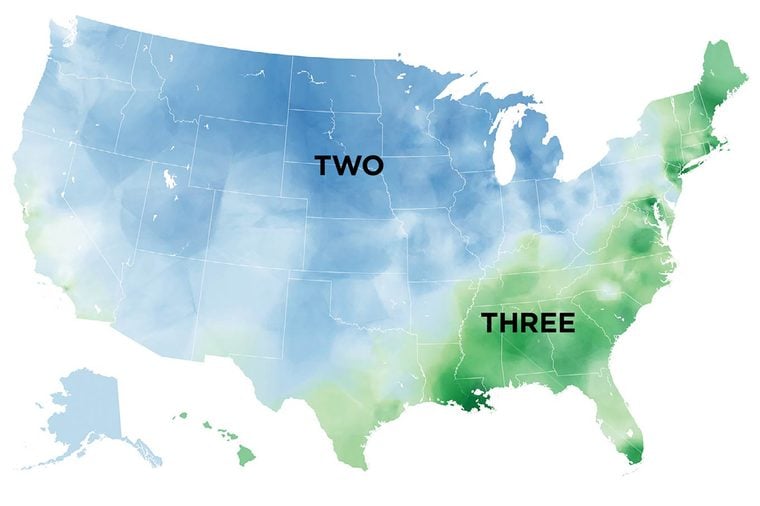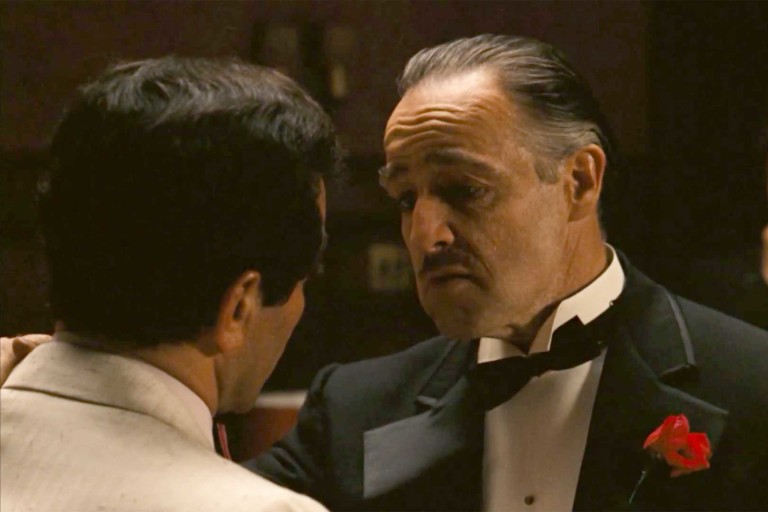You’ve been munching on insect legs and heads for a long, long time.Are you brave enough to try roasted grasshoppers? It probably wouldn’t be your first meal that contains insects. Odds are, you’ve been eating bugs this whole time—and you just never knew it. Yep, you read that correctly. According to a new study by Terro, an ant and insect control company, bugs could be in your breakfast… or lunch… or dinner. After analyzing data from the FDA and FAO, Terro found that insect fragments are found in many of the foods that you’d buy at the grocery store (and it’s even legal!) The highlights? By Food and Drug Administration (FDA) standards, frozen broccoli can have 60 insects per 100 grams (about 1/2 cup), Terro reports. Technically, the average coffee drinker could consume almost 140,000 insect fragments per year. And beetles are the most popular insects eaten globally; they make up 31 percent of bug consumption. Sounds scary. But wait! Before you toss everything in your pantry, you’ll want to read the fine print. While the idea of an insect head squished inside your chocolate bar might be pretty gross, it’s totally harmless. The Food and Drug Administration (FDA) “allows for a small amount of insect material that is guaranteed safe for human consumption to pass into our food,” Terro writes. “Otherwise, resource costs would be too unmanageable to eliminate all defects from food production.” Not to mention it’s nearly impossible to remove every single bug from food grown on farms. Thankfully, there’s a lot of nutritional value in insects, too. Mealworms provide more protein than chicken or salmon, and crickets have almost as much iron as red beef, according to Terro’s research. So chow down—if you can stomach it! Read Terro’s charts above for even more fascinating facts about your insect consumption. And by the way, not to gross you out, but there might be fecal matter in your coffee. |
Why Cops Touch Your Car’s Tail Light During Traffic Stops
Nope, it’s not because they’re trying to buff out that scratch above your bumper.
Say you’re driving on your local road, and you enter a construction zone. The construction is wrapping up for the day, the sun is coming down, and you just miss the four-sided “Reduce Speed Ahead” sign. You come to the octagonal Stop sign, and notice a state trooper pulled up behind you. The trooper’s flashers turn on, and you realize that you may have been speeding.
You pull over, and as the officer approaches the car, you hear a quick tap on the back of your car. The officer touches your tail light as he came to your window, and you come to realize that you’ve seen this before. Actually, you’ve seen this quite a bit.
This common cop practice isn’t rooted in superstition, and it isn’t a secret. As it turns out, it’s based in the officer’s well-being.
According to The Law Dictionary, this routine maneuver serves as a sort of bread crumb left to prove that the police officer had approached that particular vehicle. Before dash cams and body cams, the fingerprints left on the tail light served as a primary form of evidence about the traffic stop. If the officer’s safety were to be jeopardized by the driver, investigators could track that hand stamp to the suspect in question.
Additionally, the tap can serve as a means of jarring an intoxicated driver or a driver in possession of illegal materials.
These 9 Words Can Tell Where You Grew Up
If said a certain way, these words and phrases are a dead giveaway to where you’re from.
In his book “Speaking American” Josh Katz learned that some words are dead giveaways for where an American grew up.
“Some words are like out-of-state license plates—they’re dead giveaways that you’re not from around here. Just try rhyming aunt with can’t in parts of the Northeast or Upper Midwest (you can’t) or ordering a sub in Philadelphia, the epicenter of hoagie country.
In recent years, linguists have pondered whether the homogenizing effects of TV, film, and the Internet have begun to eliminate many so-called regionalisms. To find out, I surveyed Americans about how we talk for my book, Speaking American.”
What we call insects that glow at night
What we call a sale of household items
How we address a group of people
What we call carbonated beverages
Where we throw our trash
What we haul freight in
What we drink from in public places
What we call athletic footwear
How many syllables in caramel?
10 Facts About The Godfather
Little-known facts about The Godfather.
1. Marlon Brando used cue cards
Brando insisted that reading his lines during the take increased his spontaneity and made his lines sound less canned. “If you have a general idea of what the words are, then you look at the card and it gives the feeling to viewer that the person is really searching for what he is going to say,” Brando said in the documentary The Making of Superman: The Movie. Brando began using the cards as early as 1966; directors taped cards to lamps, bushes, and even on other actors to keep them from showing up in the shot.
Check out The Godfather trailer here.
2. One of the movie’s most famous lines was improvised
If you don’t know anything about The Godfather, you probably recognize the line, “Leave the gun. Take the cannoli,” uttered by capo Peter Clemenza after a certain dirty deed. Actor Richard Castellano improvised that line after director Francis Ford Coppola added a line in an earlier scene in which Clemenza’s wife says, “Don’t forget the cannoli!”
3. The horse’s head was real…
…as were actor John Marley’s screams. A fake horse head was used in rehearsals, but when the cameras were actually rolling, Coppola replaced it with the real thing, much to Marley’s surprise.
4. The words “mafia” and “mob” aren’t uttered in the movie
After a meeting with the Italian-American Civil Rights League, an organization formed to combat the use of stereotypes about that group, Coppola agreed to omit the words from the script (though they didn’t appear much anyway). The closest it gets is the newspaper headline, “Mobster Barzini Questioned in Unworld Feud” the day after Michael’s killing spree in the Italian restaurant.
5. One of the movie’s most memorable scenes was a mistake
Former pro wrestler Lenny Montana, who played Luca Brasi, was so nervous to act with Marlon Brando that he couldn’t muster a good take of the scene in the Godfather’s study on the day of his daughter’s wedding, despite a full day of shooting. Coppola didn’t have time to reshoot the scene, so he incorporated Montana’s best attempt in the movie. The result is a revealing look at the softer side of a merciless killer.
6. Sofia Coppola is in all three Godfather movies
Francis Ford Coppola’s daughter Sofia appears as the baby in the baptism scene in The Godfather, as an immigrant girl on the ship that brings Vito Corleone to Ellis Island in The Godfather II (see if you can spot her), and, of course, as Michael Corleone’s daughter in The Godfather III (a role she got after actress Winona Ryder dropped out).
7. Brando turned down his Best Actor Oscar
When Roger Moore called Brando’s name for Best Actor on the evening of March 5, 1973, a diminutive, long haired woman in Apache dress approached the stage. The woman, Sacheen Littlefeather, waved away the Academy Award statue and read from a statement: “I’m representing Marlon Brando this evening and he has asked me to that he cannot accept this very generous award…because of the treatment of American Indians today by the film industry.” Brando had long had a political streak, and often voiced his support for the formation of a Jewish state, for African-American rights, and for the Black Panther Party. Marlon Brando became the second person to decline the Academy Award for Best Actor (the first was George C. Scott for the award he won for Patton).
8. Brando didn’t stuff his mouth with cotton for the movie
He did it for the screen test in order to make Vito Corleone “look like a bulldog.” For the filming of the movie, he had a dentist make him a custom mouthpiece to create his sagging jowls.
9. “Don” doesn’t mean what you think it means
The bossess of each of the Five Families in The Godfather are referred to with the title Don (Don Corleone, Don Branzini, Don Cuneo, etc.) and treated like nobility. But the actual meaning of “don” in Italian is closer to “respected uncle,” than “murderous crime boss.” According to Coppola, Mario Puzo, the author of The Godfather books, simply made up the usage—and it stuck.
10. Lots of famous actors failed to be cast in the film
Warren Beatty, Dustin Hoffman, Jack Nicholson, and Robert DeNiro (watch his screen test) all wanted to play the part of Michael in the film. As for Al Pacino, who received a nomination for Best Supporting Actor for the role, he didn’t want it. “I thought, ‘how am I going to play this part?’” Pacino told Loaded magazine. “No one wanted me. Except for Coppola.”
10 Words That Aren’t Words But They Actually Are
These are all words but if you use them you’ll have to politely correct them.
1. Firstly
First things first: Why would anyone still say firstly instead of first? Ordinal numbers such as first, second, and third serve as both adjectives and adverbs, making the adverbs firstly, secondly, and thirdly redundant. Most grammarians agree with Garner’s Modern American Usage: “Firstly is considered inferior to first.” But it is a word that people use, even if the best example given in the Merriam-Webster Dictionary—”Firstly, gather all the ingredients together”—sounds a bit awkward.
2. Irregardless
Merriam-Webster says “the most frequently repeated remark about irregardless is that ‘there is no such word.’ There is such a word, however.” It has been used (mistakenly) in place of regardless since the early 1900s and has now been admitted into dictionaries. So even though it is a word, irregardless is still far from being widely accepted. And judging by the scorn it receives online, it won’t be widely accepted anytime soon. Merriam-Webster’s advice: “Use regardless instead.”
3. Prolly
Prolly is taking over for probably in text messages, but its origin goes back much earlier: to the 1940s. Considered a “relaxed pronunciation contraction” (like gonna and outta), prolly even shows up in the Oxford English Dictionary. But you should definitely only use prolly informally, as in: “U prolly don’t like that I said prolly when u asked me to marry u.”
4. Literally
How long does it take for a word to be used incorrectly before linguists give up and alter its meaning? It’s happening to literally, which literally means “in a literal way or sense.” So many speakers are using it in place of virtually that the Oxford English Dictionary has redefined literally to say it can be “used for emphasis rather than being actually true, such as, ‘We were literally killing ourselves laughing.’” Meanwhile, English is left with no word reserved to mean “in a literal sense.” Result: Language purists refuse to use literally figuratively.
5. Funner
If a tough day can get tougher, and weird house guests can get weirder, why can’t a fun drink get funner after they’re gone? Actually, it can. Merriam-Webster states that funner and funnest are “sometimes” permissible. Although fun has long been accepted as a noun, it is considered informal when used as an adjective, and therefore, some people claim, it shouldn’t be inflected like other adjectives, but those people are no fun.
6. Anyways
Dating back to the 13th century, anyways was gradually shortened to anyway. Today, it’s only used colloquially, as in: “I’ve been blabbing about myself for hours. Anyways, why are you leaving?” The word is considered superfluous: Most dictionaries list it as an informal synonym for anyway. The Oxford English Dictionary goes a step further. It identifies anyways as being of North American origin and gives this snobbish example: “You wouldn’t understand all them long words anyways.”
7. Orientate
Like irregardless and anyways, orientate can be used but shouldn’t. The word originated in British English in the 1840s as a variant of orient (both mean “to determine bearings”). Yanks stuck with orient, which is still the preferred usage—orientate is considered nonstandard in most American dictionaries. Even so, many people use it interchangeably with orient (and disorientated for disoriented). A Collins Dictionary entry reads, “We’ve taken so many turns I’m completely disorientated.”
8. Snuck
The past tense of sneak is sneaked, so why have people stuck with snuck since the 1800s? It’s a mystery; no English verb that ends in the -eek sound has a past tense ending in -uck. But dictionaries have adopted the made-up word. Random House Dictionary explains, “Snuck has occasionally been considered nonstandard, but it is so widely used by professional writers and educated speakers that it can no longer be so regarded.” In response, grammarian James J. Kilpatrick lamented that Random House‘s “tolerant view has not snuck up on me; it has sneaked up on me. I will have none of it.”
9. Madded
Word snobs may get mad if you say madded, but it is in fact a verb. Merriam-Webster gives this example: “Her endless excuses for not doing the work madded her overburdened coworkers.” Less cringeworthy, and also recognized by dictionaries, is the adjective maddish. For example, when Uncle John gets sent to Acapulco in the dead of winter for a “business trip,” we’re happy for him but also maddish.
10. Impactful
Impactful was invented by advertising agencies in the 1960s to describe their campaigns as “having a big impact.” (These are the same “mad men” who coined lite and signage.) All three words are detested by grammarians; impactful even made it onto Harvard Business Review blogger Bryan A. Garner’s list of “65 Forbidden Buzzwords.” But it’s now in the dictionary, so it’s a word.
Anyways, we hope you found our list of despised words to be impactful. We’d literally die if you didn’t.
